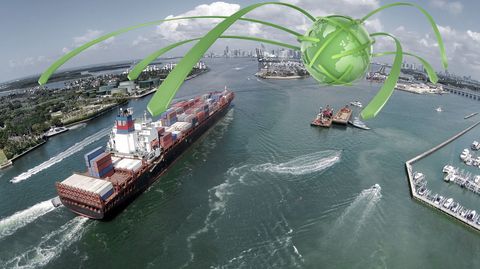The US government has commenced the formal process of opening talks to renegotiate its existing free trade agreement (FTA) with South Korea.
US trade representative Robert Lighthizer has formally notified the country of a special joint committee meeting, to take place within the next month, to start the process of rewriting the US-Korea Free Trade Agreement (KORUS) in order to provide better trading terms for the US.
Since his election, US president Donald Trump has been sharply critical of many of the FTAs put in place by previous administrations, leading to a trade policy that many have described as protectionist. He has pulled the US out of the Trans-Pacific Partnership and has specifically described KORUS as a "horrible deal" in its current state.
The stated aims of the renegotiation include the removal of barriers to US trade, a reduction of the current trade deficit between the two countries, and the achievement of better outcomes for American businesses.
Mr Lighthizer said: "Since KORUS went into effect, our trade deficit in goods with Korea has doubled from $13.2 billion to $27.6 billion, while US goods exports have actually gone down. This is quite different from what the previous administration sold to the American people when it urged approval of this agreement. We can and must do better."
KORUS entered into force in March 2012, with former president Barack Obama predicting that its tariff reductions alone would boost annual exports of American goods by up to $11 billion (€9.59 billion).
In 2011 - the last full year before KORUS went into effect - total US goods exports to Korea came to $43.5 billion, but this dropped to $42.3 billion in 2016. This, in addition to the rising trade deficit, has been cited by President Trump as evidence for why the deal needs to be renegotiated.






